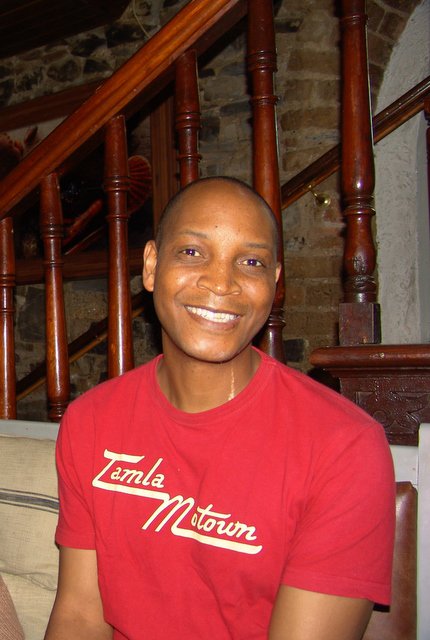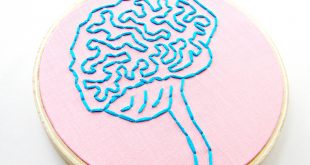What’s best for therapy trainees – personal therapy or self-practice/self-reflection?
For over a hundred years, it’s been part of tradition and belief in many schools of psychotherapy that personal therapy is central to the development of effective therapist skills. For instance Freud wrote: “But where and how is the poor wretch to acquire the ideal qualification which he will need in this profession? The answer is in an analysis of himself, with which his preparation for his future activity begins.”
However, over the last 50 years, more recently developed therapies such as CBT have tended to dispense with the personal therapy requirement and largely relied on teaching and clinical supervision for therapist development. But maybe the baby got thrown out with the bathwater?
Occupying something of a mid-point between personal therapy and no personal practice is a training strategy known as self-practice/self-reflection (SP/SR). SP/SR was developed around 20 years ago (Bennett-Levy, et al., 2001). In SP/SR programs, therapists practice therapy skills on themselves and reflect on the experience (Bennett-Levy, et al., 2015). SP/SR has a growing evidence base as an integrative personal practice training strategy (Scott et al., 2020).
For this new Cognitive Behaviour Therapy study, we took advantage of an opportunity which presented itself at Trinity College, Dublin. Counselling psychology trainees at Trinity College have a mandatory requirement to have personal therapy as part of their training. CBT trainees have a mandatory requirement to do SP/SR in their training program. Accordingly, we thought it would be interesting and potentially helpful to compare self-perceived outcomes of personal therapy and SP/SR on the same outcome measure, the Self-Focused Practice Questionnaire.
Although this was not a true experimental study (the groups and training programs were quite different), it was nevertheless an interesting comparison since personal therapy and SP/SR had been chosen as the most appropriate personal practices by their respective training programs. And it turns out that this is the first published study to compare the impacts of two different personal practices.
We predicted on theoretical grounds (Bennett-Levy & Finlay-Jones, 2018) that personal therapy would be more likely to produce ‘personal self’ gains, while SP/SR might be more likely to create professional (‘therapist self’) gains. What we found surprised us – the CBT trainees rated SP/SR as more effective than the counselling trainees rated personal therapy on both the ‘personal self’ and ‘therapist self’ subscales of the Self-focused Practice Questionnaire.
What conclusions did we draw? One conclusion – as other studies have found – is that for a minority of trainees mandatory personal therapy can be a negative experience – wrong therapist, wrong time, wrong therapy etc. This may have negatively affected the personal therapy results. Another conclusion is SP/SR may be a more controlled and contained personal practice than personal therapy in a training context – and SP/SR may be especially appropriate for some therapeutic modalities including CBT, ACT, and Compassion focused therapy. In particular, we conclude that SP/SR should be supported and recognised by the European Association for Psychotherapy as a personal practice which can positively contribute to the 250 hours personal practice needed for accreditation as a psychotherapist.
References:
Bennett-Levy, J. & Finlay-Jones, A. (2018). The role of personal practice in therapist skill development: A model to guide therapists, educators, supervisors and researchers. Cognitive Behaviour Therapy, 47, 185-205.
Bennett-Levy, J., Thwaites, R., Haarhoff, B. & Perry, H. (2015): Experiencing CBT from the inside out: A self-practice/self-reflection workbook for therapists. Guilford, New York.
Bennett-Levy, J., Turner, F., Beaty, T., Smith, M., Paterson, B. & Farmer, S. (2001). The value of self-practice of cognitive therapy techniques and self-reflection in the training of cognitive therapists. Behavioural and Cognitive Psychotherapy, 29, 203-220.
Scott, J., Yap, K., Bunch, K., Haarhoff, B., Perry, H. & Bennett-Levy, J. (2020). Should personal practice be part of cognitive behaviour therapy training? Results from two self-practice/self-reflection cohort control pilot studies. Clinical Psychology & Psychotherapy, early view.
Read the full paper: Chigwedere, C., Bennett-Levy, J., Fitzmaurice, B., & Donohoe, G. (2020). Personal practice in counselling and CBT trainees: the self-perceived impact of personal therapy and self-practice/self-reflection on personal and professional development. Cognitive Behaviour Therapy. doi:10.1080/16506073.2020.1846608

Photo by: Sebastien Wiertz
 Cognitive Behaviour Therapy A peer reviewed, multidisciplinary journal devoted to the application of behavioural and cognitive sciences to clinical psychology and psychotherapy.
Cognitive Behaviour Therapy A peer reviewed, multidisciplinary journal devoted to the application of behavioural and cognitive sciences to clinical psychology and psychotherapy.


